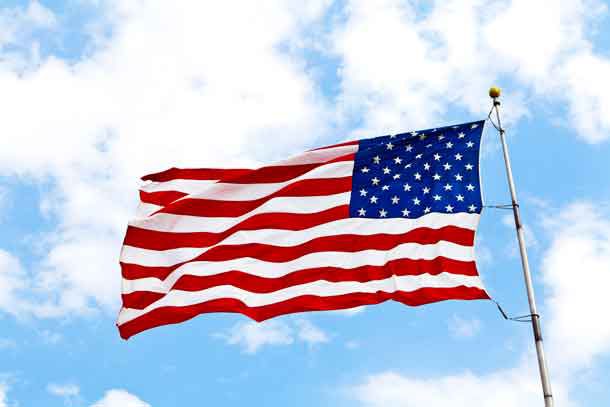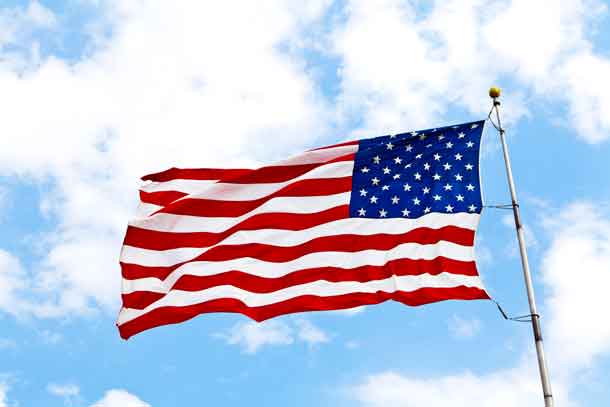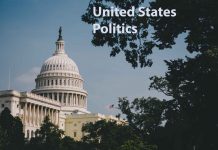
THUNDER BAY – Canada is about to legalize marijuana. This October, when Canadian legislation comes into force, Canadians will be legally allowed up to four plants in their home, and about 30 grams of marijuana in their possession. In Thunder Bay, for thousands of people, a quick trip south of the border, lunch in Cook County, picking up packages at Ryden’s Border Store, or long weekends to Duluth is common.
For Canadians who smoke marijuana, however, the new legalization of pot could change their ability to cross the border. There are states in the United States which are changing their laws regarding marijuana. However, the legislation at the border is the US federal legislation.
Being aware of the ramifications of American laws, and the rules at the border because those laws are going to likely impact many people in Canada and thousands of people in Thunder Bay.
Statement on Canada’s Move to Legalize Cannabis
U.S. Customs and Border Protection enforces the laws of the United States. Canada’s legalization of marijuana will not change CBP’s enforcement of United States laws regarding controlled substances. Requirements for international travelers wishing to enter the United States are governed by and conducted in accordance with U.S. federal law. Although medical and recreational marijuana may be legal in some U.S. states and Canada, the sale, possession, production
U.S. Customs and Border Protection enforces the laws of the United States. Canada’s legalization of marijuana will not change CBP’s enforcement of United States laws regarding controlled substances. Requirements for international travelers wishing to enter the United States are governed by and conducted in accordance with U.S. federal law. Although medical and recreational marijuana may be legal in some U.S. states and Canada, the sale, possession, production
Canada’s legalization of marijuana will not change CBP’s enforcement of United States laws regarding controlled substances. Requirements for international travelers wishing to enter the United States are governed by and conducted in accordance with U.S. federal law. Although medical and recreational marijuana may be legal in some U.S. states and Canada, the sale, possession, production and distribution of marijuana or the facilitation of the aforementioned remain illegal under U.S. federal law. Crossing the border or arriving at a U.S. port of entry in violation of this law may result in seizure, fines, and/or arrest and impact admissibility.
CBP officers are thoroughly trained on admissibility factors and the Immigration and Nationality Act, which broadly governs the admissibility of travelers into the United States. Determinations about admissibility and whether any regulatory or criminal enforcement is appropriate are made by a CBP officer based on the facts and circumstances known to the officer at the time.
Generally, any arriving alien who is determined to be a drug abuser or addict, or who is convicted of, admits having committed, or admits committing, acts which constitute the essential elements of a violation of (or an attempt or conspiracy to violate) any law or regulation of a state, the United States, or a foreign country relating to a controlled substance, is inadmissible to the United States.
As marijuana continues to be a controlled substance under United States law, working in or facilitating the proliferation of the legal marijuana industry in U.S. states where it is deemed legal or Canada may affect admissibility to the U.S.
CBP officers are the nation’s first line of defense in preventing the illegal importation of narcotics, including marijuana. U.S. federal law prohibits the importation of marijuana and CBP officers will continue to enforce that law.





